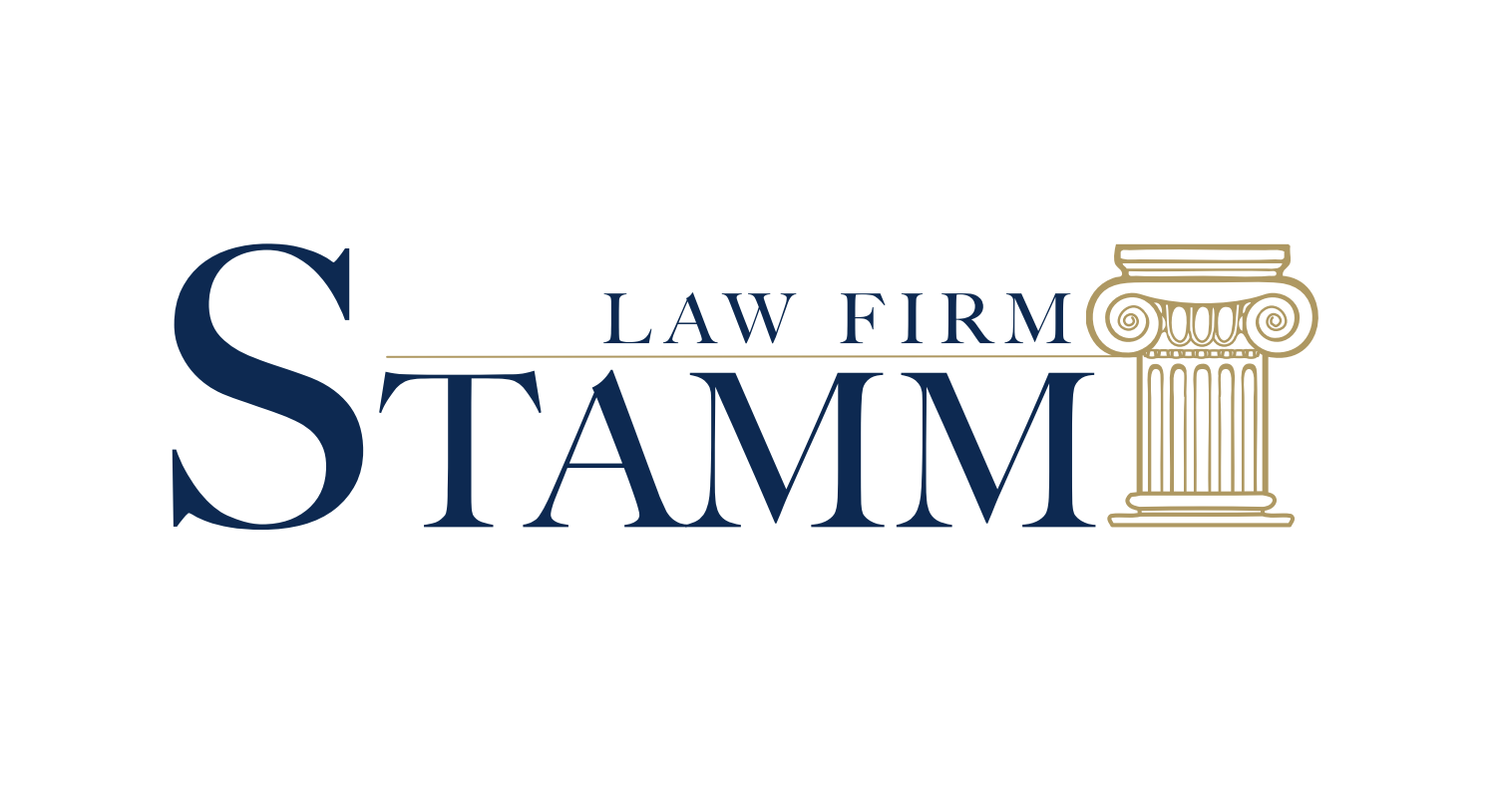Social Security Disability
The U.S. government administers two programs under the Social Security Administration (SSA) that provide benefits based on disability: (1) the Social Security Disability (SSD) Insurance program (Title II of the Social Security Act) and (2) the Supplemental Security Income (SSI) program (Title XVI of the Act).
The SSD Insurance program provides payment of disability benefits to people who are "insured" under the Act by virtue of their contributions to Social Security, as well as to certain disabled dependents of those insured individuals.
The SSI program provides payments to individuals who are considered disabled and have limited income or resources. This includes children under age 18.
There are rules and regulations when determining if a person is "disabled." These criteria are not always the same for other government and private disability programs. It is helpful to have experienced legal help on your side because:
There are certain circumstances which qualify you to have your case expedited.
You can settle your case without a hearing.
SSD Income is a tax-funded, federal insurance program. If you are found to be unable to work because of a disability and deemed insured, these benefits can be payable to you and certain family members.
In order to qualify for SSD Income benefits, you must be insured and meet or equal a Social Security Listing or Rule.
SSI benefits are payable to disabled adults and children that meet the income and resource limitations, and meet or equal a Social Security Listing or Rule.
Attorney fees for these cases are set and approved by the Social Security Administration.
If the fee agreement was approved between June 22, 2009 and November 29, 2022, the fee will not exceed the lesser of 25% of the past-due benefits or $6,000.00.
If the fee agreement is approved on or after November 30, 2022, the fee will not exceed the lesser of 25% of the past-due benefits or $7,200.00.
There are certain circumstances that allow you to receive a one-time payment, or closed-period benefits.
It is still possible for you to earn a limited amount of income while receiving SSD benefits.

